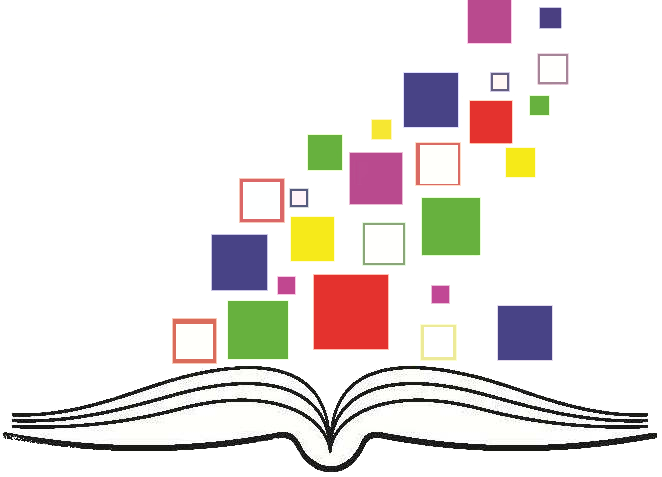Prikaz osnovnih podataka o dokumentu
Prosvjeta i prosvjetni radnici Jevreji u Bosni
Education and Jews educators in Bosnia
| dc.creator | Pinto, Avram | |
| dc.date.accessioned | 2020-03-14T19:04:10Z | |
| dc.date.available | 2020-03-14T19:04:10Z | |
| dc.date.issued | 1970 | |
| dc.identifier.issn | 0448-9993 | |
| dc.identifier.uri | https://www.jevrejskadigitalnabiblioteka.rs/handle/123456789/624 | |
| dc.description.abstract | Školstvo Bosne i Hercegovine, u početku turske vladavine u ovim pokrajinama bilo je u povoju. Vlast je za potrebe svoje vojske i administracije dovodila činovnički aparat iz svoje metropole. Kako administracija nije bila naročito razvijena, potreba za školovanim ljudima nije ni bila naročito velika. Tek kada se turska vlast učvrstila i kada je Visoka Porta odlučila da Bosnu i Hercegovinu trajno pripoji svojoj carevini, osnivaju se neke škole za domaće stanovništvo tzv. ruždije i medrese. To su bile mahom konfesionalne škole; one su služile za podizanje svećeničkog podmlatka i šerijatskih sudija-kadija. Ove škole su bile zatvorene za Jevreje. Domaći feudalci slali su svoju decu u Carigrad na više škole. U Carigradu se školovao i jedan manji broj jevrejske djece iz Bosne, čiji su roditelji bili imućniji. Ostala jevrejska djeca sticala su obrazovanje u "Meldaru", "Talmud Tora" i "Ješivi". U Meldaru su osim čitanja i pisanja raši-pismom učili i osnove računa. Nepismenih muškaraca nije bilo ali su žene mahom bile nepismene. | sr |
| dc.description.abstract | The education of Bosnia and Herzegovina, at the beginning of Turkish rule in these provinces, was in its infancy. The authorities brought clerks from their metropolis for the needs of their military and administration. As the administration was not particularly developed, the need for educated people was not particularly great. It was not until the Turkish authorities established themselves and when "Visoka Porta" decided to permanently annex Bosnia and Herzegovina to its empire that some local schools - "ruždije" i "medrese" were established. These were mostly confessional schools; they were used to raise the priestly youth and the Sharia judges "kadija". These schools were closed to Jews. The local feudal lords sent their children to Constantinople for higher education. A small number of Jewish children from Bosnia, whose parents were more well-off, were also educated in Constantinople. Other Jewish children were educated in "Meldar", "Talmud Torah" and "Yeshiva". In "Meldar", in addition to reading and writing the Rashi script, they also learned the basics of calculation. There were no illiterate men but women were mostly illiterate. | en |
| dc.language.iso | sr | sr |
| dc.publisher | Beograd : Savez jevrejskih opština Jugoslavije [Federation of Jewish Communitues in Jugoslavia] | sr |
| dc.rights | openAccess | sr |
| dc.rights.uri | https://creativecommons.org/licenses/by-nc-nd/4.0/ | |
| dc.source | Jevrejski almanah 1968/70 [Jewish Almanac] | sr |
| dc.subject | prosveta - Jevreji (Bosna i Hercegovina) | sr |
| dc.subject | Education - Jews (Bosnia and Herzegovina) | sr |
| dc.title | Prosvjeta i prosvjetni radnici Jevreji u Bosni | sr |
| dc.title | Education and Jews educators in Bosnia | en |
| dc.type | article | sr |
| dc.rights.license | BY-NC-ND | sr |
| dcterms.abstract | Пинто, Aврам; Просвјета и просвјетни радници Јевреји у Босни; Просвјета и просвјетни радници Јевреји у Босни; | |
| dc.rights.holder | Savez jevrejskih opština Srbije = Federation of Jewish Communities of Serbia | sr |
| dc.identifier.fulltext | http://jevrejskadigitalnabiblioteka.rs/bitstream/id/1694/JAL0810pintoprosvjeta.pdf | |
| dc.type.version | publishedVersion | sr |
| dc.citation.spage | 99 | |
| dc.citation.epage | 104 | |
| dc.identifier.rcub | https://hdl.handle.net/21.15107/rcub_jdb_624 |

